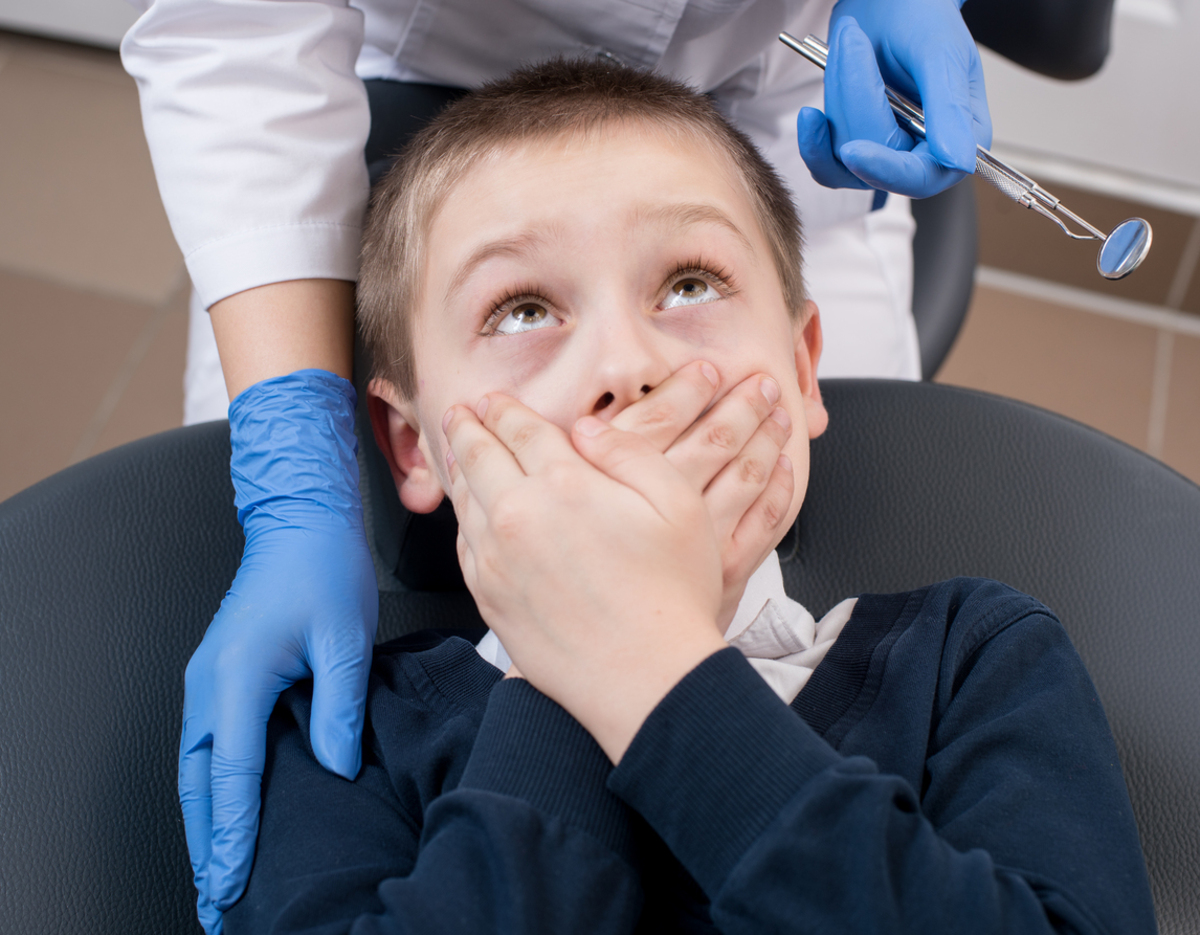Children often take part in a number of sporting activities, tend to play rough, and fall quite often. This normal and healthy part of growing up also means, mind you, that injuries tend to follow children around. The teeth are not spared, either.

Would should you do if your child completely knocks out a tooth?
1. Try and determine if missing tooth is a milk tooth or a permanent tooth
Baby teeth being knocked out is not an emergency, although some dental care will definitely be in order. If, however, the tooth that is knocked out is a permanent tooth, that kind of situation should be treated as a dental emergency.
- Children under the age of six are unlikely to have any permanent teeth yet, so any tooth that gets knocked out is most likely a milk tooth.
- Children between the ages of six and 13 usually have both baby teeth and permanent teeth in the mouth.
- Kids over 13 are unlikely to have any milk teeth in the mouth whatsoever.
If you are unsure whether the tooth that was knocked out is permanent or not, err on the side of caution and get to a dentist as soon as possible.
2. Calm your child down and try to control the bleeding
A fall or a hit that knocks out a tooth is also likely to have done some damage to the lips or gums. Have your child rinse out their mouth with water and apply a wet cloth or cotton ball to try and stop the bleeding from the lips. Any head injury or a potential fracture has to be ruled out since those are much more serious and take precedence while administering treatment. If there's any doubt as to whether you need to see a dentist or go to the ER because there are signs of a head injury, in other words, choose the emergency room every time.
3. Store the knocked-out tooth carefully
Water is the worst option to try and store the tooth. Ideally, the knocked-out tooth should be kept in milk, saline, or something called Hanks balanced salt solution (available at chemists). The dry time of the knocked-out tooth should be kept to a minimum. The longer a tooth is dry outside the mouth, the lower its chance of its survival.
It can be difficult to know the difference, but try and pick the tooth up by its crown (the part you see in the mouth) and avoid touching the root at all.
4. Time is everything
The chances of replanting a knocked-out tooth are at their maximum when done within the first thirty minutes. This is why getting to the dentist must be a priority. Inform the dental office in advance and they will make the necessary preparations before you get there.
5. Do not try and replant the tooth in the socket yourself
The simple act of orienting the tooth correctly can be difficult when the socket is bleeding profusely. Also, too much pressure or not enough of it can also make successful replanting of the tooth difficult.
Let the dentist make these decisions.
After your child sees a dentist: How to care for a replanted tooth
In most cases, the dentist is going to replant the tooth and then use a splint to keep it in position. It is important that the child not apply any excessive pressure during this time. Maintaining good oral hygiene is also essential — more so during this time — to minimize the risk of infection. As a parent, you can help brush your child's teeth gently so that they are not in any pain.
The use of analgesics to control the pain and antibiotics to control systemic infection is also very likely. Dentists will expect parents to administer these medicines as instructed, so be sure to ask any questions you may have.
Once the initial healing has taken place, the dentist may advise further root canal treatment or apexification procedures to help increase the chance that the replanted tooth will survive in the long term.


Your thoughts on this